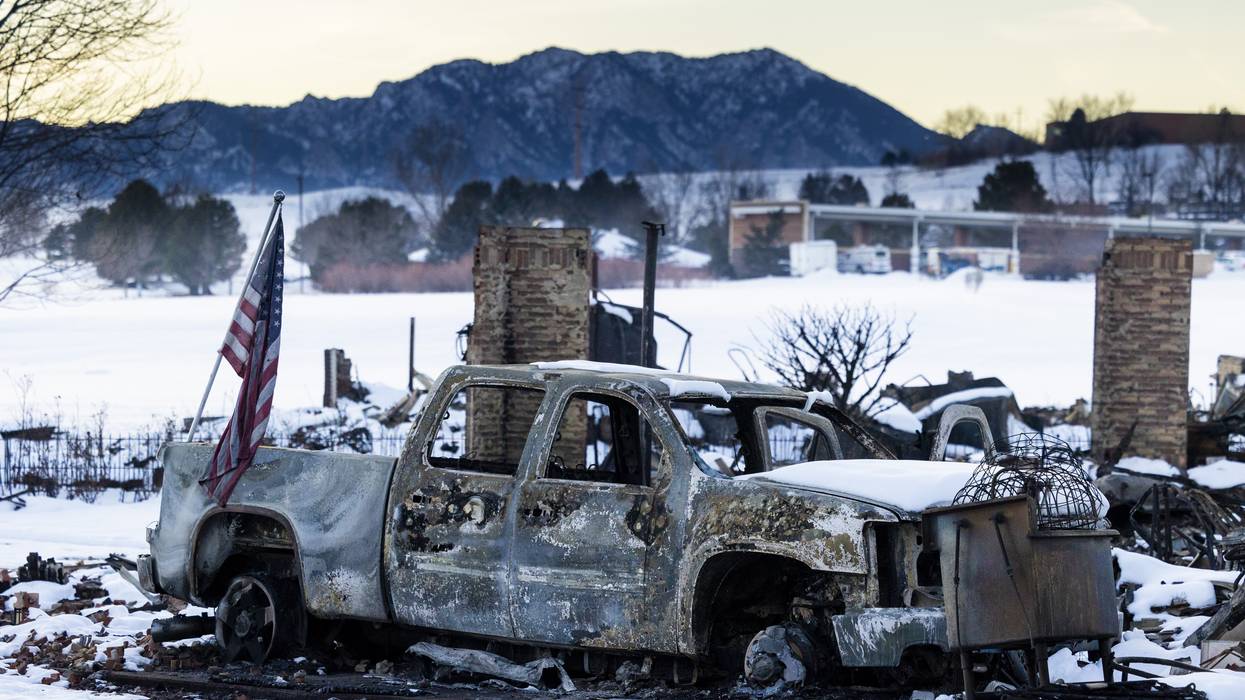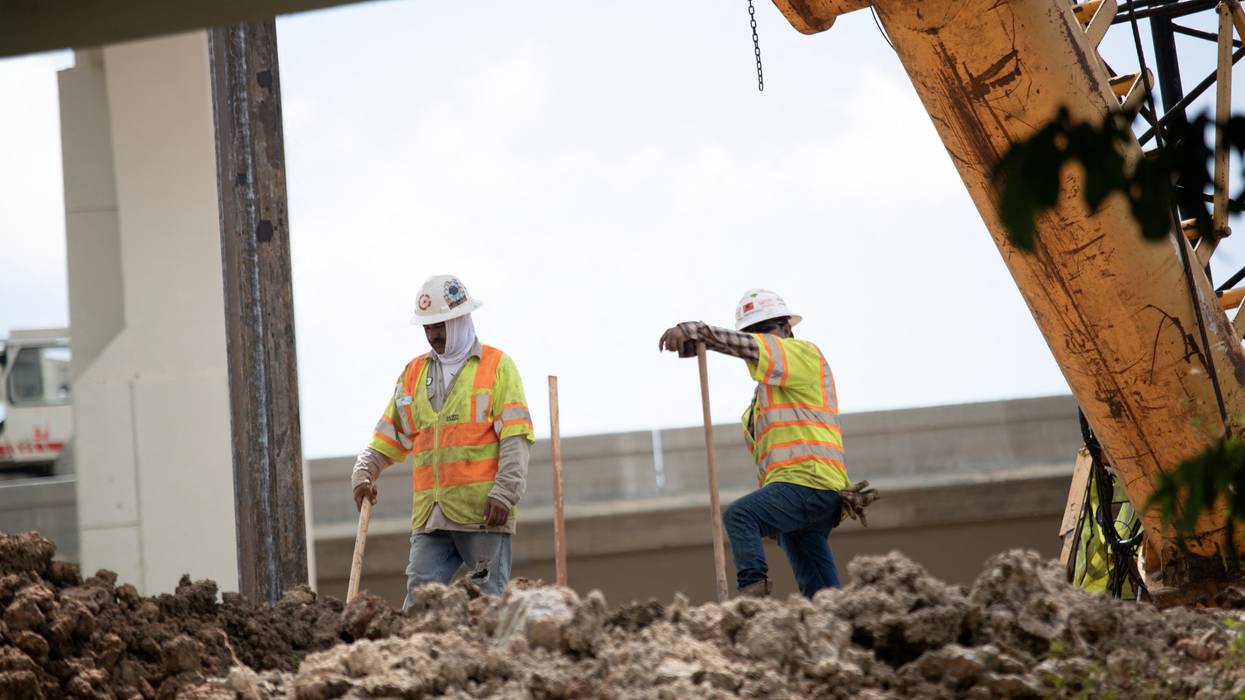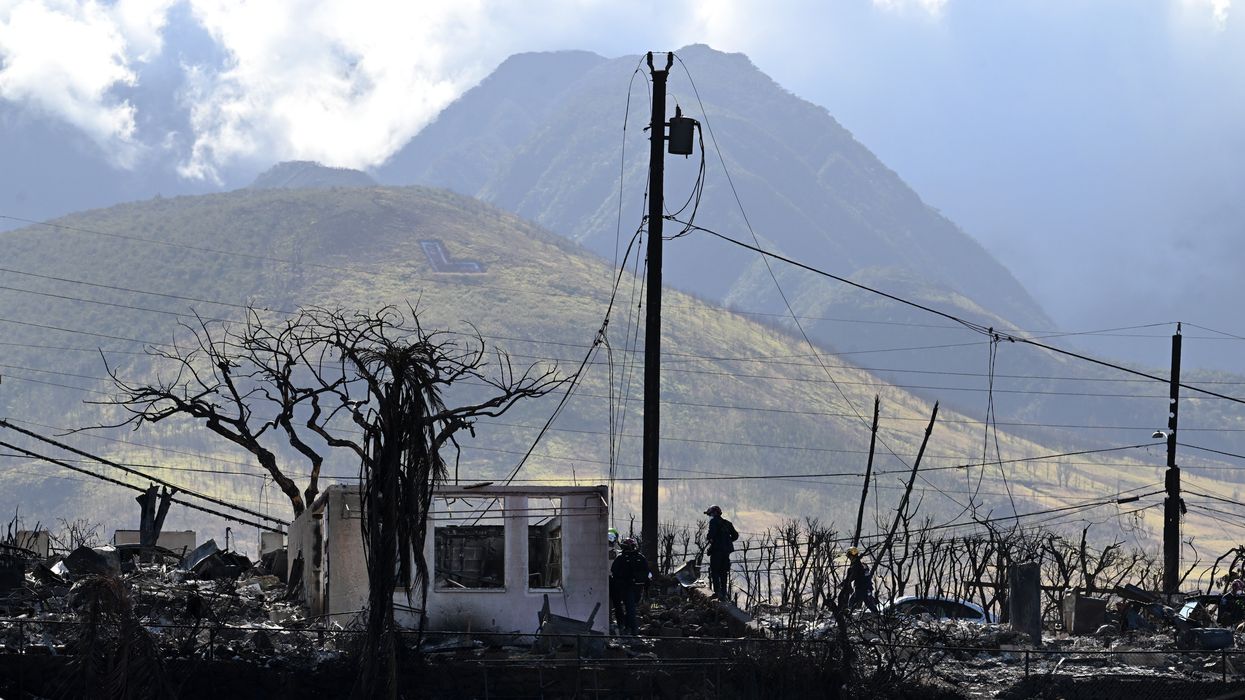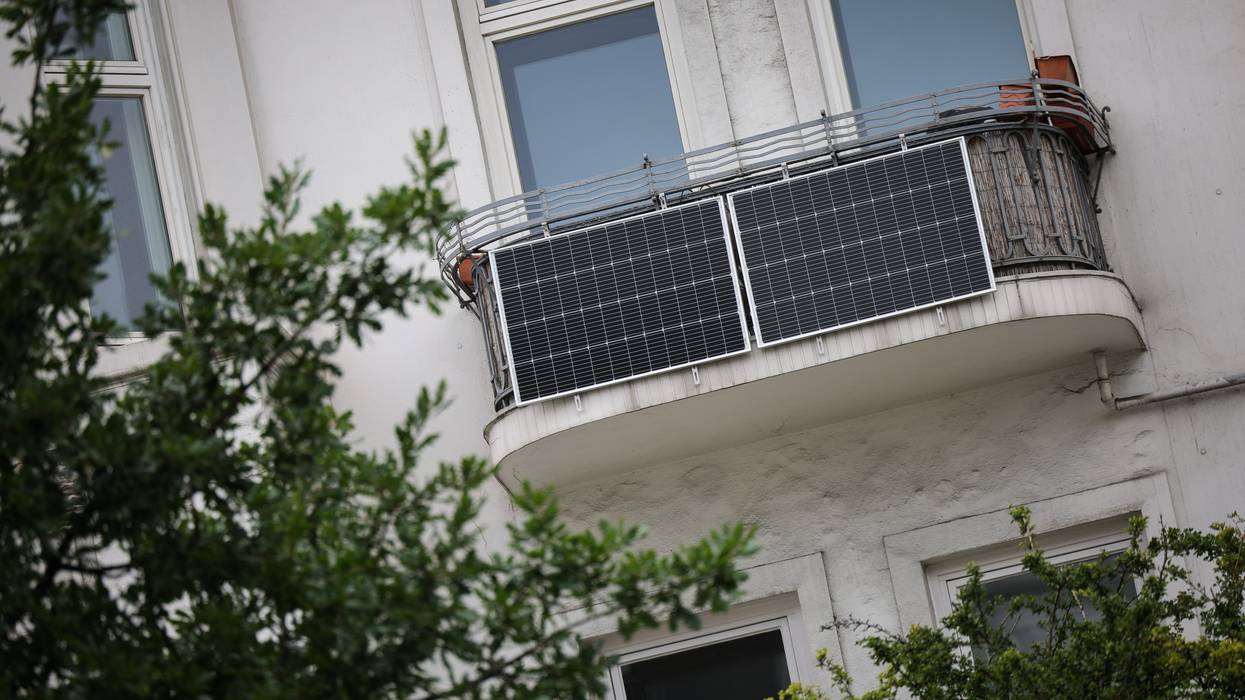Congress, Don't Shield Big Oil From Accountability
As city leaders from across the US gather this week to discuss our collective priorities, let’s reaffirm our commitment to protect access to the courts for all our communities.
As local leaders from across the country gather in Salt Lake City this week for the annual National League of Cities conference to advocate for the interests of local governments, the challenges of protecting and preparing our communities for the future are clearer than ever. Local governments and their taxpayers are being stretched thin. Between the rising cost of living, increasingly severe weather disasters, escalating maintenance costs, and other expenses, local leaders like us in Colorado, Wisconsin, and beyond are having to make tough decisions about our priorities—and the last thing we need is to have the tools at our disposal taken away from us.
And yet, there is a campaign in Congress right now that aims to do just that.
Goliaths of industry, including pesticide and oil companies, have been lobbying Congress for legal liability shields that would block communities from holding them accountable in court for any of their bad actions. No matter your politics, we should all agree that it’s dangerous and wrong to hand any industry a blanket get-out-of-jail-free card.
Bayer, the maker of Roundup, is asking Congress to put an end to the lawsuits the megacorporation is facing for the health harms its product has caused for years—and some lawmakers are actually pushing legislation that would do so.
Broad legal shields for entire industries would not only threaten local governments’ ability to pursue accountability, but also violate a core value of our justice system.
Similarly, lobbyists for oil and gas companies are lobbying federal lawmakers for a legal shield that could effectively put the fossil fuel industry above the law and block dozens of state and local lawsuits the companies are currently facing for deceiving the public about how their products’ fuel climate change. Municipalities in Colorado, one of our home states, are among the communities demanding that Big Oil companies pay their fair share of the climate costs taxpayers are now facing to adapt to an increasingly severe climate. Like tobacco and opioid companies, fossil fuel companies have long known their products were dangerous, but pushed disinformation to cover up the evidence and protect their profits, while our communities pay the price.
Plainly, our right to access the courts is under attack. Local leaders understand the power that comes from being able to access the courts, which is why the National League of Cities—which represents more than 2,700 cities across the country—has a standing commitment to oppose any federal legal shield that would undermine municipalities’ authority to bring affirmative litigation.
These attacks on our right to access the courts cannot stand. Broad legal shields for entire industries would not only threaten local governments’ ability to pursue accountability, but also violate a core value of our justice system. When bad actors lie to the public and cause harm in our communities, the legal system is supposed to serve as a fair venue—where arguments and evidence are considered—but that system is not possible when you take away our ability to present arguments and evidence at all.
Imagine if Big Tobacco or opioid manufacturers had secured legal immunity from Congress—communities decimated by cancer and addiction would never have been able to fund treatment centers and public health campaigns without first filing accountability lawsuits only made possible through access to the justice system.
As city leaders from across the US gather this week to discuss our collective priorities, let’s reaffirm our commitment to protect access to the courts for all our communities and speak with one voice across party lines to ensure that our congressional representatives do the same.



